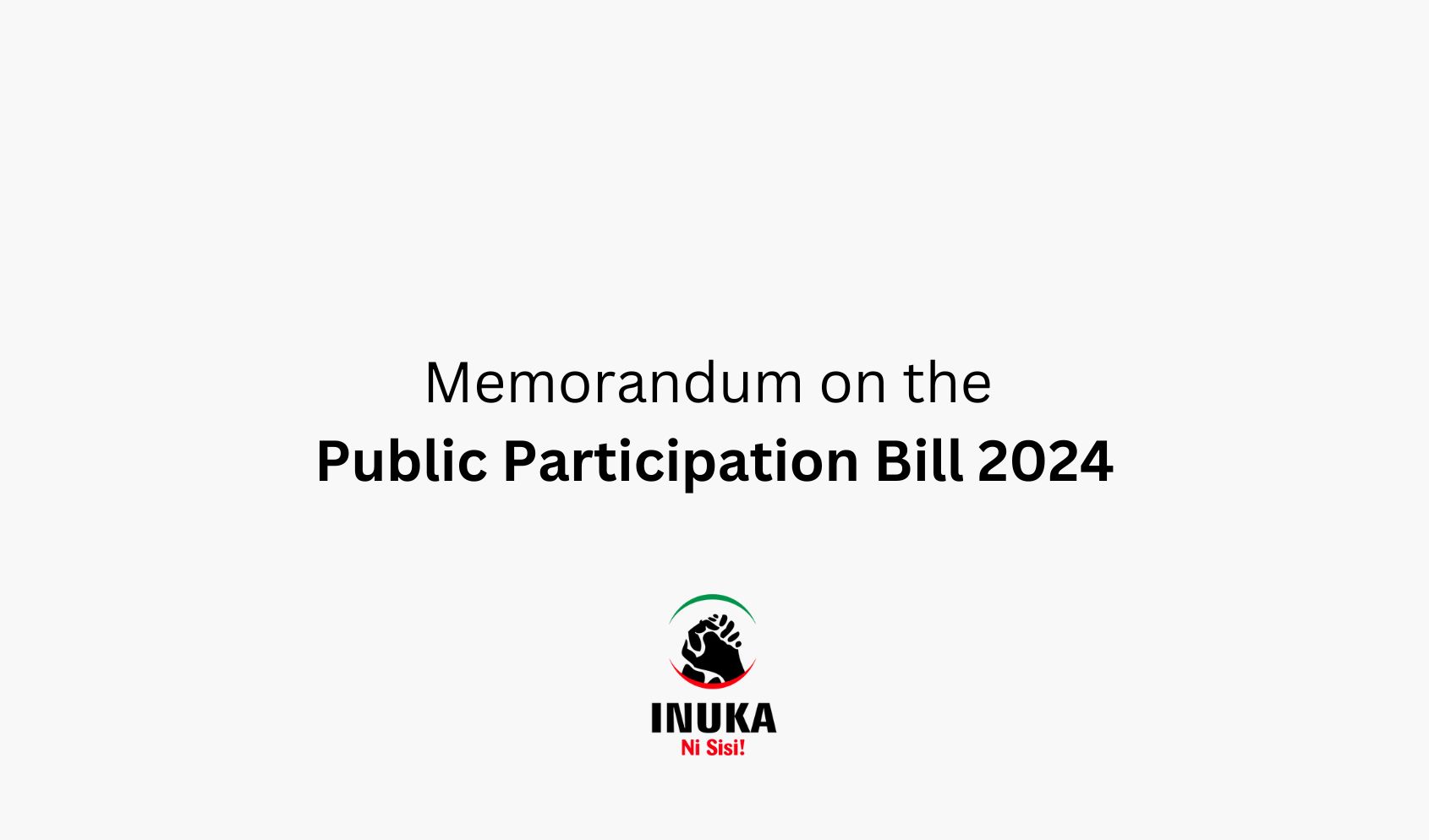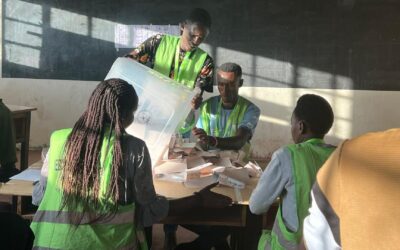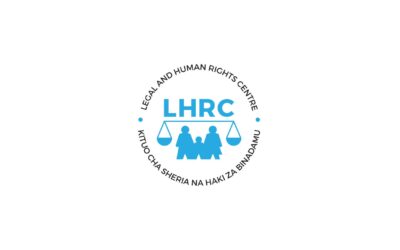15 November 2024
To: Hon. Attorney General,
Office of the Attorney General and Department of Justice,
P.O Box 40112-00100, NAIROBI
From: Inuka Kenya Ni Sisi! Ltd.
Subject: Memorandum on the Public Participation Bill 2024
Introduction.
Inuka Kenya Ni Sisi! is a Kenyan grassroots social movement organization founded in 2009. Our organization facilitates the consolidation of a Kenyan identity that affirms the individual as an African and global citizen and empowers Kenyans to use information, express their views and importantly, take initiative aimed at improving their lives and holding governments accountable.
Public participation is a cornerstone of good governance and is enshrined in the Constitution of Kenya, 2010. It ensures that citizens exercise their sovereign power (Article 1) directly or indirectly in decision-making processes. The County Governments Act, emphasizes inclusivity, transparency, and access to information (Section 87). The Act mandates establishing participation platforms (Section 91) and requires citizen involvement in county planning and budgeting (Section 115) to align development priorities with public needs.
This memorandum seeks to highlight critical gaps in the current framework for public participation and to propose actionable recommendations to strengthen the Public Participation Bill 2024. By addressing these issues, the Bill will institutionalize inclusive, transparent, and impactful citizen engagement in governance processes.
The Public Participation Bill faces criticism for perpetuating the tokenization of citizens, reducing public engagement to a procedural formality rather than a meaningful process. This is exemplified in the landmark case of Robert N. Gakuru & Others v. Governor Kiambu County & 3 Others [2014], where the court emphasized that public participation must be substantive and not a cosmetic exercise. The court established that effective participation requires inclusivity, adequate information, and sufficient time for engagement. Without clear thresholds and accountability mechanisms, the Bill risks entrenching superficial practices rather than fostering genuine citizen involvement.
This Memorandum therefore incorporates the views of the Inuka Kenya Ni Sisi! Ltd as stated below :
Key Constitutional Provisions Guiding Public Participation
- Article 1: Sovereignty of the People
All sovereign power belongs to the people, exercised through their elected representatives or directly. Public participation operationalizes this principle by ensuring citizens actively shape governance decisions. - Article 10: National Values and Principles of Governance
Public participation is explicitly recognized as a core national value. Inclusivity, transparency, and accountability must inform all state processes and policies. - Article 35: Right to Access Information
For participation to be meaningful, citizens must have timely access to accurate and relevant information. This clause obligates public institutions to facilitate transparency. - Article 69: Environmental Obligations
This clause mandates citizen engagement in environmental governance to ensure sustainability and equity in resource management. - Article 118 & Article 196: Public Access to Legislative Processes
These clauses require both Parliament and county assemblies to provide opportunities for public input in legislative and policy formulation processes. - Article 174: Objectives of Devolution
Devolution aims to enhance self-governance by empowering citizens to participate in decision-making at the local level, ensuring equitable development. - Article 232: Values of Public Service
Public participation is a guiding principle for responsive, accountable, and citizen-centred service delivery.
Key Issues and Gaps Identified
- Undefined Threshold for Public Participation
Current practices lack clarity on what constitutes sufficient public engagement. This results in tokenism or superficial consultations, undermining the spirit of the Constitution. - Absence of Standardized Frameworks
National and county governments lack standardized guidelines for implementing public participation, leading to inconsistencies in its quality and inclusivity. - Lack of Civic Education
Citizens often lack awareness of their rights to participate and the processes involved, limiting meaningful engagement and disadvantaged marginalized groups. - Minimal Collaboration with Non-State Actors
Civil society, the private sector, and community-based organizations are underutilized in facilitating effective participation. - Weak Feedback Mechanisms
There are no clear obligations for public bodies to demonstrate how public input has influenced decisions, creating frustration and disengagement among citizens. - Inadequate Enforcement Mechanisms
Public participation is often treated as a mere formality due to a lack of penalties for non-compliance. - Barriers to Accessibility
Geographic, linguistic, technological, and socio-economic factors often exclude vulnerable groups, such as women, youth, persons with disabilities, and remote communities. - Public Participation Time Frame
The Public Participation Bill fails to specify a timeframe between sharing documents and starting public participation, limiting stakeholders’ ability to review and provide meaningful input. This undermines transparency and inclusivity in the process.
Proposed Recommendations
1. Defining the Threshold for Public Participation
Recommendation:
- The Bill should define a minimum threshold for public participation based on:
- Number and diversity of participants engaged.
- Representativeness of stakeholder groups.
- Level of information dissemination before the consultation.
- Guidelines should mandate early and continuous engagement to avoid rushed processes that alienate citizens.
2. Standardized Frameworks for Implementation
Recommendation:
- Develop standardized public participation guidelines applicable across all government levels. These should include:
- Detailed timelines for consultation phases.
- Tools for stakeholder mapping and engagement.
- Evaluation metrics for measuring the effectiveness of public participation processes.
3. Mandatory Civic Education
Recommendation:
- Incorporate a legal requirement for civic education to raise public awareness of rights, roles, and opportunities for participation.
- Allocate budgetary resources to national and county governments for public awareness campaigns in local languages and culturally relevant formats.
4. Collaboration with Non-State Actors
Recommendation:
- Include provisions that encourage partnerships with NGOs, religious institutions, academia, and private sector players to facilitate participatory processes, particularly in hard-to-reach areas.
5. Establish Feedback and Accountability Mechanisms
Recommendation:
- Require government agencies to publish reports after public engagement sessions, outlining:
- Feedback received.
- Justifications for adopting or rejecting input.
- The impact of public input on the final decisions.
- Establish independent oversight bodies to audit compliance.
6. Enforcing Compliance
Recommendation:
- Introduce penalties for agencies that fail to meet participation standards, such as withholding budget allocations or issuing fines.
- Citizens should be allowed to petition courts or oversight institutions to compel non-compliant agencies to facilitate public engagement.
7. Ensuring Inclusivity and Accessibility
Recommendation:
- Require all public participation initiatives to include special measures for marginalized groups (e.g., tailored outreach, sign language interpretation, transport subsidies for participants from remote areas).
- Promote the use of technology, including mobile apps, webinars, and SMS-based surveys, to broaden access.
8. Public Participation Time Frame
Recommendation:
- The Bill should require a minimum 14-to-21 days time frame between document dissemination and public participation to ensure informed contributions. Exceptions for urgent matters must be clearly defined and justified in writing.
Conclusion
The Public Participation Bill 2024 offers a unique opportunity to institutionalize and strengthen mechanisms for meaningful citizen engagement in governance processes. By addressing the gaps identified and adopting the recommendations proposed in this memorandum, the Bill will not only fulfil constitutional obligations but also foster trust, inclusivity, and accountability in governance.
We urge Parliament to adopt these proposals to ensure the Bill sets a strong foundation for public participation that is inclusive, impactful, and sustainable.
Signed,
Kawive, Wambua – PhD




